Stop watching your beautiful floors lose their luster to stains and wear. Professional tile sealing creates an invisible barrier that keeps your investment looking pristine.
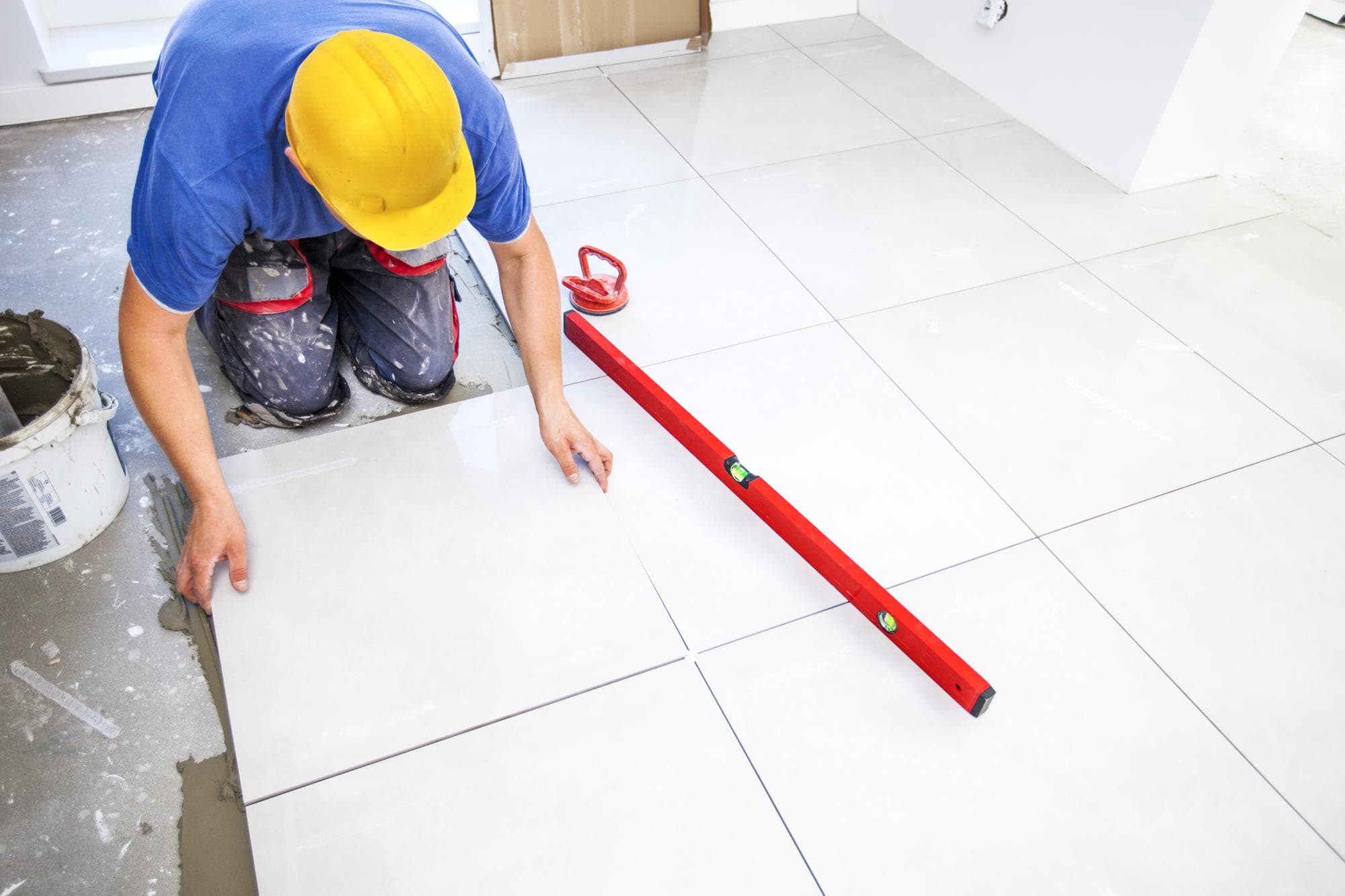
Hear from Our Customers
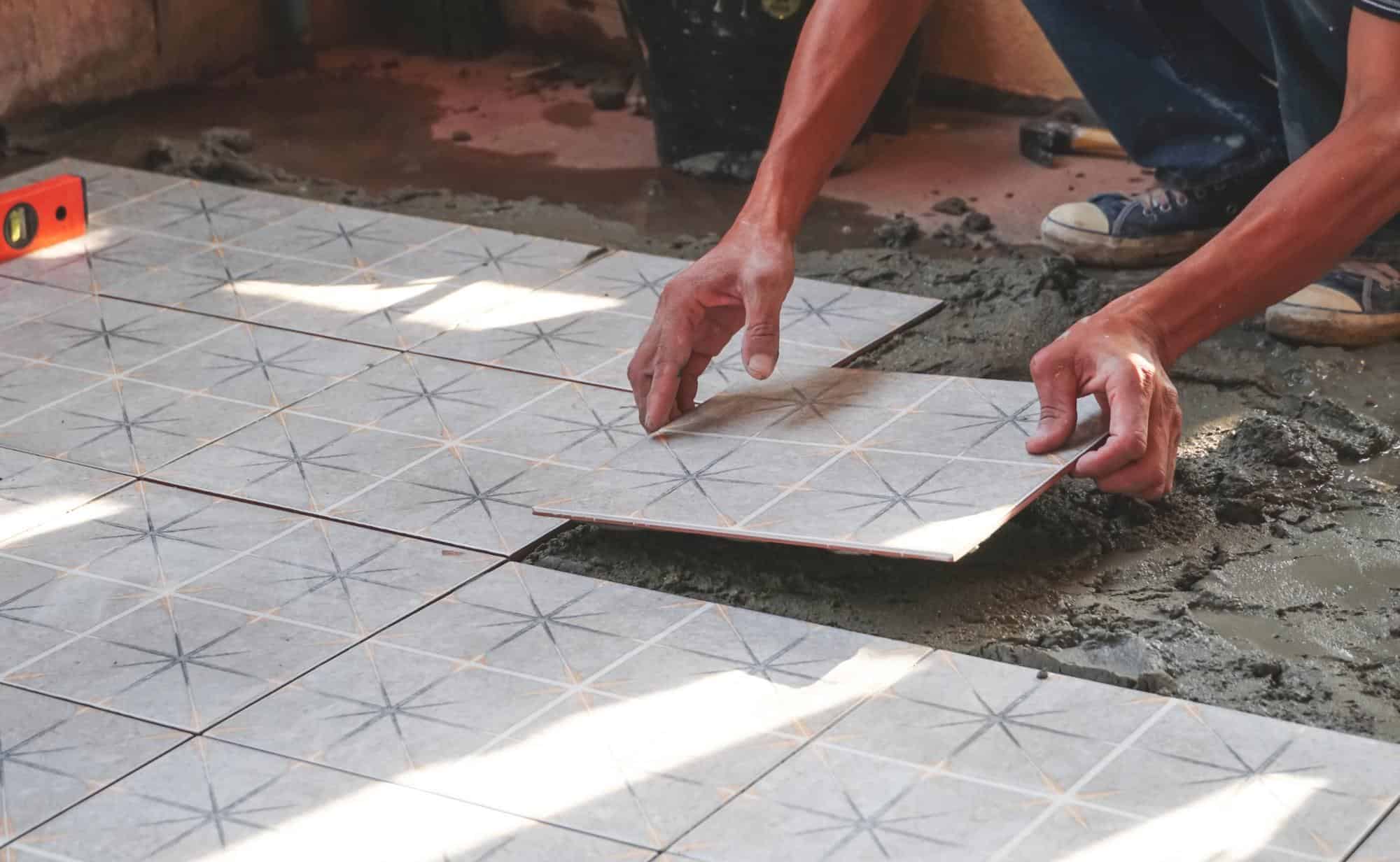
When your tiles are properly sealed, spills wipe away instead of soaking in. Coffee, wine, grease—none of it penetrates the surface. Your morning routine becomes simpler because cleaning takes half the time it used to.
Sealed grout lines stay their original color instead of turning gray or black from trapped dirt. You’ll notice the difference immediately: brighter grout, vibrant tile colors, and surfaces that actually feel clean when you walk on them barefoot.
The protection lasts for years, not months. While your neighbors are scrubbing stained grout on their hands and knees, you’re enjoying floors that maintain their day-one appearance with basic maintenance.
We’ve been serving Lake Katonah homeowners who understand that quality work costs less than doing it twice. We’ve sealed thousands of tile installations across Westchester County, from historic homes built in the 1940s to modern renovations.
Lake Katonah’s older homes often have beautiful original tile work that deserves proper protection. We’ve worked on everything from vintage subway tiles in Tudor homes to contemporary porcelain installations in lakefront properties. Each project gets the same attention to detail that’s kept us busy in this community for years.
Our technicians know the difference between ceramic, porcelain, and natural stone—and more importantly, which sealing products work best for each. That knowledge comes from hands-on experience, not a manual.
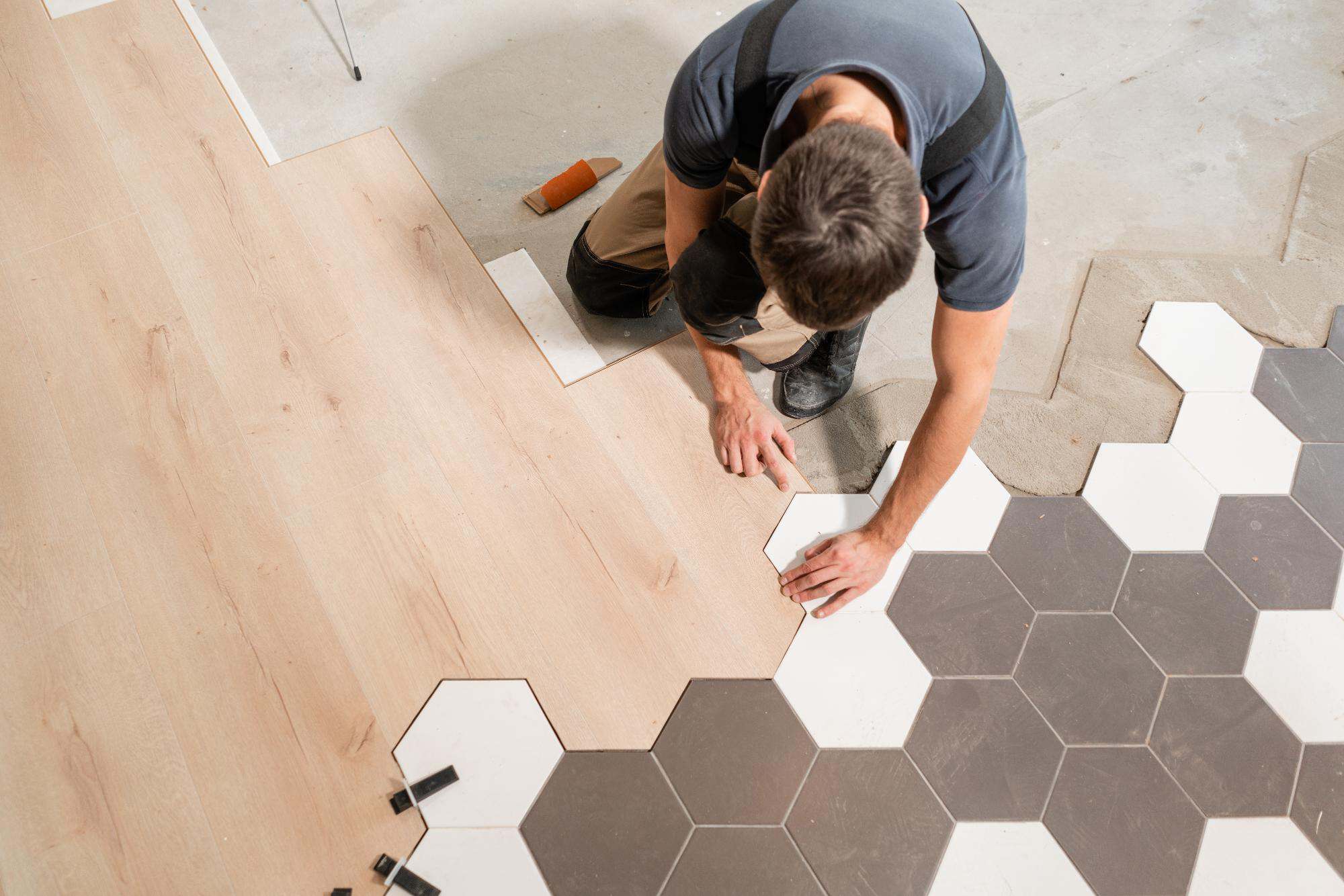
We start by thoroughly cleaning your tiles and grout to remove any existing buildup, soap residue, or previous sealing attempts. This step matters because sealers only work on truly clean surfaces. Shortcuts here mean problems later.
Next, we assess your specific tile type and select the appropriate sealer. Ceramic tiles need different protection than natural stone, and porcelain requires its own approach. We don’t use one-size-fits-all products because your floors aren’t one-size-fits-all.
The sealing application happens in thin, even coats that penetrate the tile and grout surfaces. We work systematically to ensure complete coverage without pooling or streaking. The sealer needs time to cure properly—rushing this step compromises the entire job.
Most tile sealing projects are completed in one day, with surfaces ready for light foot traffic within hours. We’ll give you specific timing for your particular installation and sealer type.
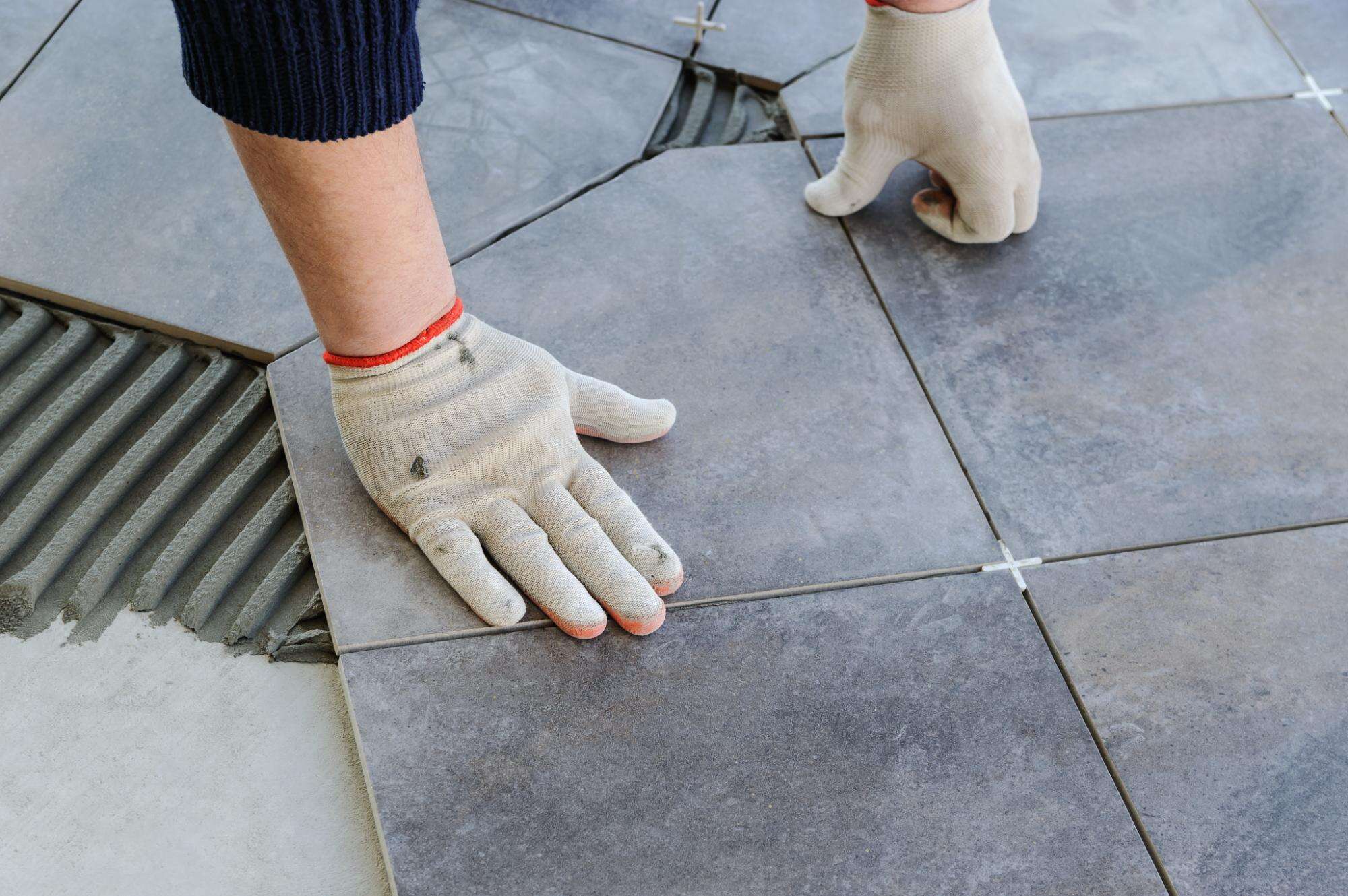
Ready to get started?
Our tile sealing services cover ceramic, porcelain, natural stone, and specialty tiles throughout Lake Katonah properties. Each material gets products specifically formulated for its porosity and composition. Generic sealers from big box stores don’t offer this level of precision.
Lake Katonah’s hard water presents unique challenges for tile maintenance. The mineral content in local water supplies can cause buildup that makes standard cleaning ineffective. Our sealing process creates a barrier that prevents these minerals from penetrating tile surfaces, making routine cleaning more effective.
We also address grout sealing as part of every tile project. Grout is naturally porous and absorbs stains quickly without proper protection. Our color-stable sealers prevent grout from darkening over time while maintaining breathability to prevent moisture issues behind the tiles.
The service includes detailed maintenance instructions specific to your tile type and sealer. Following these guidelines ensures you get the maximum lifespan from the sealing treatment—typically 3-5 years for most residential applications.
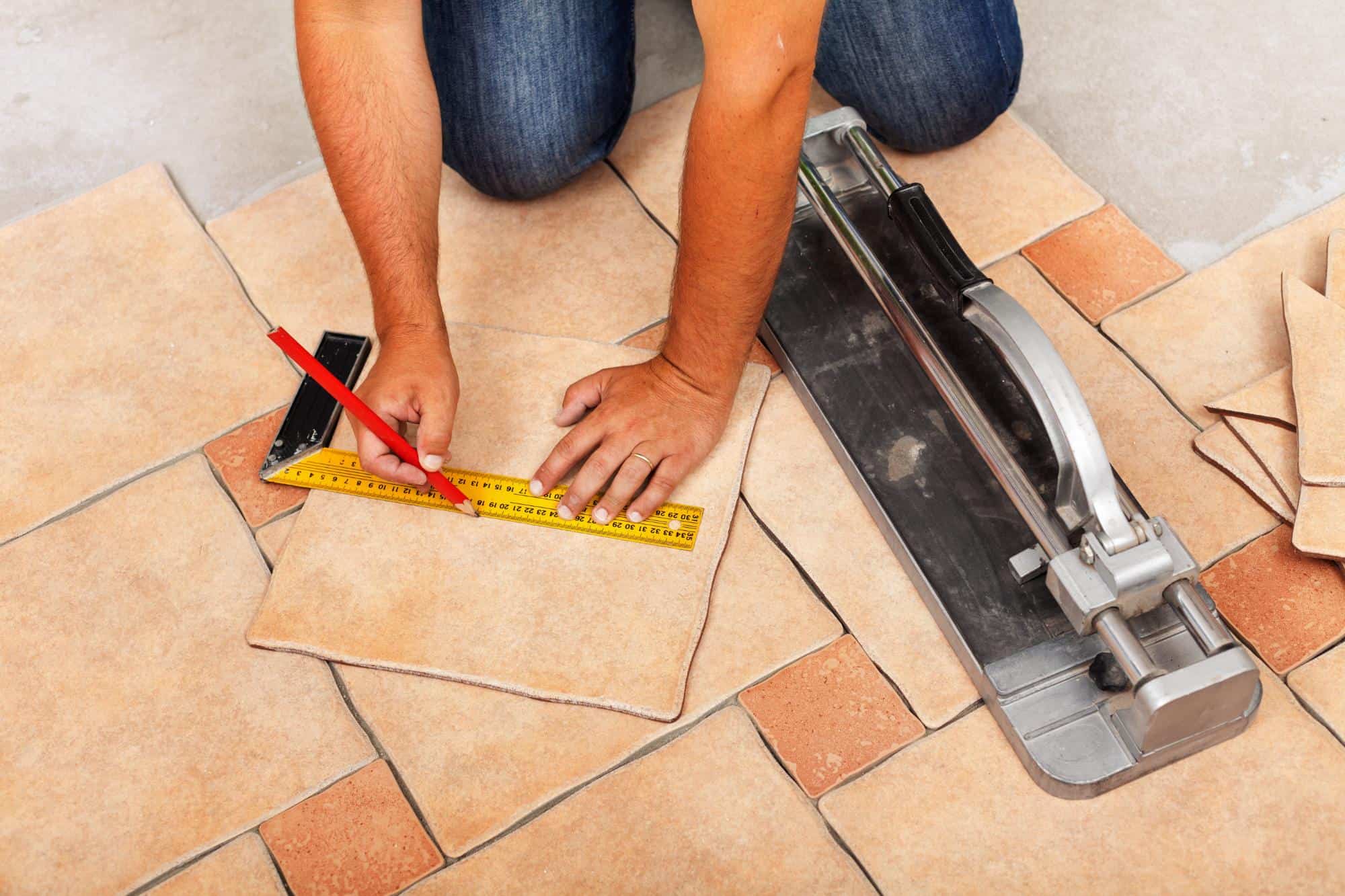
Ready To Restore The Beauty Inside Your Stone?
Contact us today!
Diamond Stone Restorations Corp
Company
Support
Useful Links